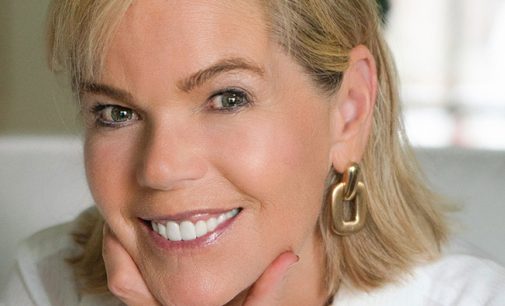If you look at headlines in the retirement industry trade press, rarely does a week go by when you don’t see an article lamenting the low retirement savings numbers. How do we change this?
Tag "plan sponsor"


Think of the third party as the food truck in the parking lot. Employees will see it and decide for themselves whether to engage with it.

The tangled web of ERISA regulations grows worse each year. Is this too much for companies responsible for maintaining 401k plans?

The central role of the recordkeeper can create reverberations with other providers should the plan sponsor attempt to change recordkeepers. Any hiccup in the employees’ ability to manage their retirement assets can cause problems for plan sponsors.

“Industry participants also argue that the rule transforms one-off transactions into fiduciary relationships in violation of the common law, but the common law of the states is divided on this, and there is a need for a federal standard regulating investment advice fiduciaries.”

Plan sponsors ought naturally to know how the plan addresses the needs of their business, but do they really know how to tweak the plan to improve outcomes?

This isn’t a compliance audit, it’s an operating efficiency audit. That covers plenty of ground, from technology to benchmarking the value offered by the service provider.

In the spirit of the season, one might even think of this as “tricking” employees to save. Plans sponsors are already using these tricks.











Summary of 2024: Navigating the Evolved Fiduciary Landscape for Retirement Plan Fiduciaries
2024 was a year of adaptation for retirement plan fiduciaries who navigated through regulatory changes, legal landscapes, and participant needs with a renewed focus on governance, liability management, and the holistic management of retirement plans.